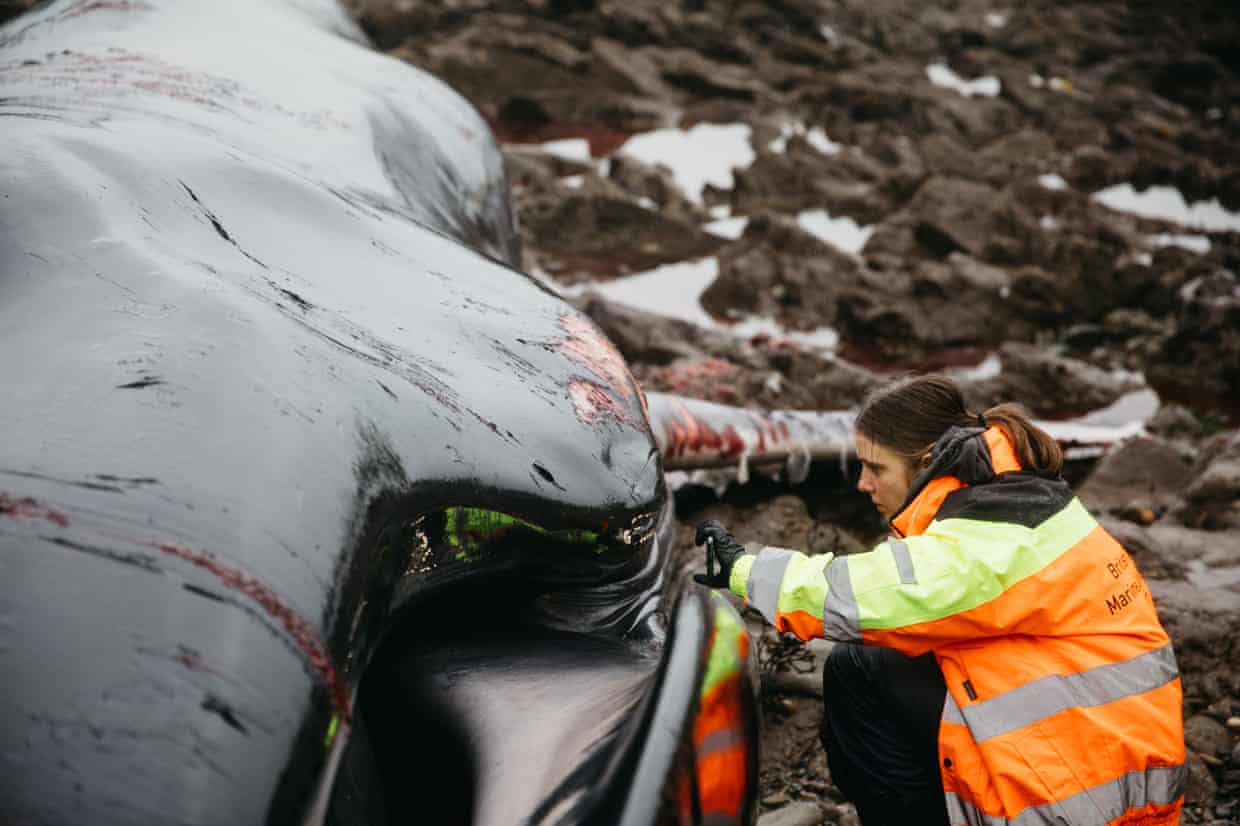
Nearly half of the whales and dolphins found in UK waters over the past five years contained harmful concentrations of toxic chemicals banned decades ago, an investigation has found.
Among orcas stranded in the UK, levels of PCBs, a group of highly dangerous and persistent chemicals that do not degrade easily, were 30 times the concentration at which the animals would begin to suffer health impacts, researchers said.
Scientists described the findings as a “huge wake-up call” that should ring alarm bells not only for the future of marine mammal health but for human health, too.
In 2017, Lulu, an orca from the UK’s last resident pod, was found dead on Tiree in Scotland. She was discovered to have one of the highest concentrations of toxic pollutants ever found in a marine mammal. The extreme level of PCBs in her blubber, at 950mg/kg (0.033oz/2.2lb) – more than 100 times the limit of 9mg/kg regarded as safe – was believed by some scientists to have contributed to her infertility.
The NHS advises pregnant and breastfeeding women, those trying to get pregnant and girls to eat no more than two portions of oily fish a week, because chemical pollutants may build up and affect the future development of a baby in the womb.